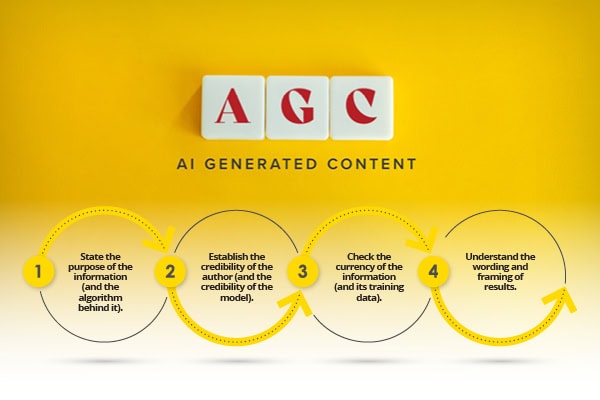High school counselors have a lot on their plates — holding individual meetings with students, developing connections with college admissions officers, writing letters of recommendation and more, according to Jeffrey Neill, director of college counseling at Graded: The American School of São Paulo in Brazil, a private school that serves students ages 3 through high school who use an American curriculum and learn in English, in an article in Education Week.
Artificial intelligence can help when the work is simple, information-based and repetitive — fielding the same questions from multiple parents every year and writing dozens of recommendation letters, he told Education Week. Neill offered these pointers to help counselors use AI:
- “Once you have all the information aggregated in one location, the writing process doesn’t take as long as you think. Artificial intelligence can pull it all together so that when you’re going to write that letter, you’re working from one source of information, enabling passionate letter advocating on behalf of the individual student.”
- “About 150 colleges and universities from around the world have visited us on campus so far this year, and every time a college visits, we just ask ChatGPT to write a three-sentence blurb about the university, including famous alums and so on, and we blast that out to the students.”
- “AI can be used as an email triage tool. It is trained exclusively on your past emails. When a new email comes in, the tool drafts based on what it thinks you will say based upon what you’ve already said to other people when answering the same question. It’s probably operating at a 90 percent accuracy rate. I do have to change some things, but it has also learned how to write like me.”
- “Empower students to make good use and responsible and ethical use of these tools. I start by saying, ‘…there is only one rule: don’t copy and paste text from ChatGPT and claim it as your own’.”
- “Try to get students to use AI as a sounding board, to get feedback. One example: dump in a completed essay and ask the tool, ‘Please rank this essay on a scale of 1 to 10, and give me three points of critical feedback for how I might improve it.’ There’s no difference between asking ChatGPT to do that and asking their college counselor, asking their English teacher, asking their parent, independent consultant, whoever. The benefit of ChatGPT and empowering students: they can do it on their timeframe.”
- “Some tools can be developed specific to the Common Application [which allows students to apply to multiple colleges and universities at once]. The activity section, basically the resume section, includes a 150-character description asking, ‘What’s the activity?’ Cross-country. How often do you do it? And then it says, ‘in 150 characters, tell us about this.’ Students often have a hard time formulating what that is — because they have so much to say, or they just say so little. We created an iterative prompt that asks a series of questions of the student to help formulate what a good use of those 150 characters would be.”
- “Go to great lengths to honor FERPA [the federal Family Educational Rights and Privacy Act] or GDPR [the General Data Protection Regulation in the European Union] or your regional version of those protections, to ensure confidential student information is not disseminated. When you work with any tool that might be dealing with confidential information, like a letter of rec, make sure you have clarifying conversations with your IT department and anyone overseeing the data protection to make sure you’re within bounds.”
- “We’ve been very transparent with university reps about what we do. When they hear about the amount of time we spend writing those [letters of recommendation] the old-fashioned way versus how much time we are given back, coupled with the idea that we’re being very intentional about giving that time back to the students, the most ardent skeptics heard that and said, ‘This sounds amazing’.”
Education Week





